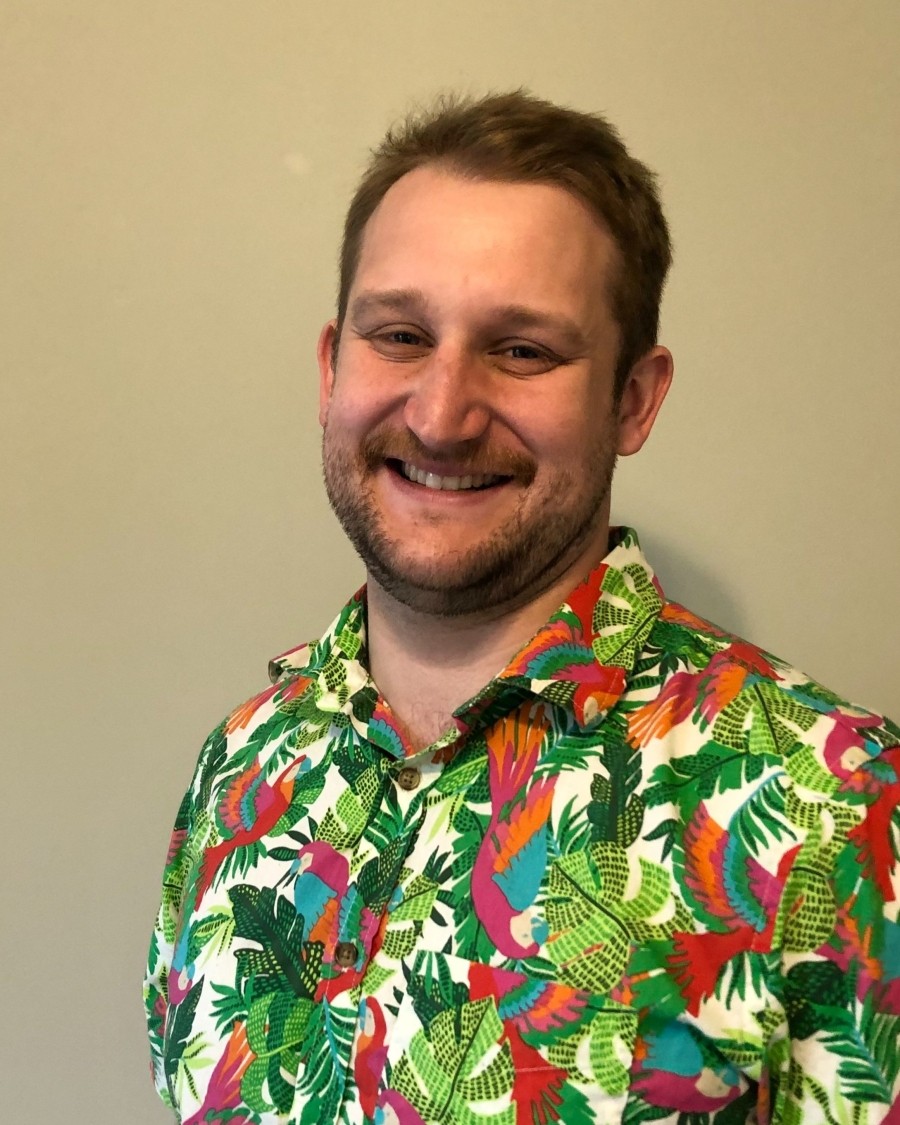
Bad Data, Bad Statistics, and Confirmation Bias: Identifying What Actually Happens in a First Year Physics Lab
Dr. Aaron Kraft, Dept. of Physics, University of British Columbia
Our first year physics lab at the University of British Columbia includes a session where students are asked to compare the periods of a pendulum at 10 and 20 degrees. As instructors, we expect that many students learned the period equation in high-school and come into the lab thinking that the periods should be the same. However, this lab enables the collection of precise, high-quality data that ideally uncovers a small difference in the periods because of the breakdown of the small angle approximation. This kind of activity, which we term a model fail lab, should trigger scientific inquiry as students grapple with results that contradict their expectations. In this talk, I will present results that explore how students actually experience the lab. I will show that our ideal student experience is not what happens in reality. Instead, only half of our students obtain high-quality results, many struggle with interpreting statistics, and far fewer than expected experience a model fail. These results have broad implications for balancing support and agency in inquiry labs.

